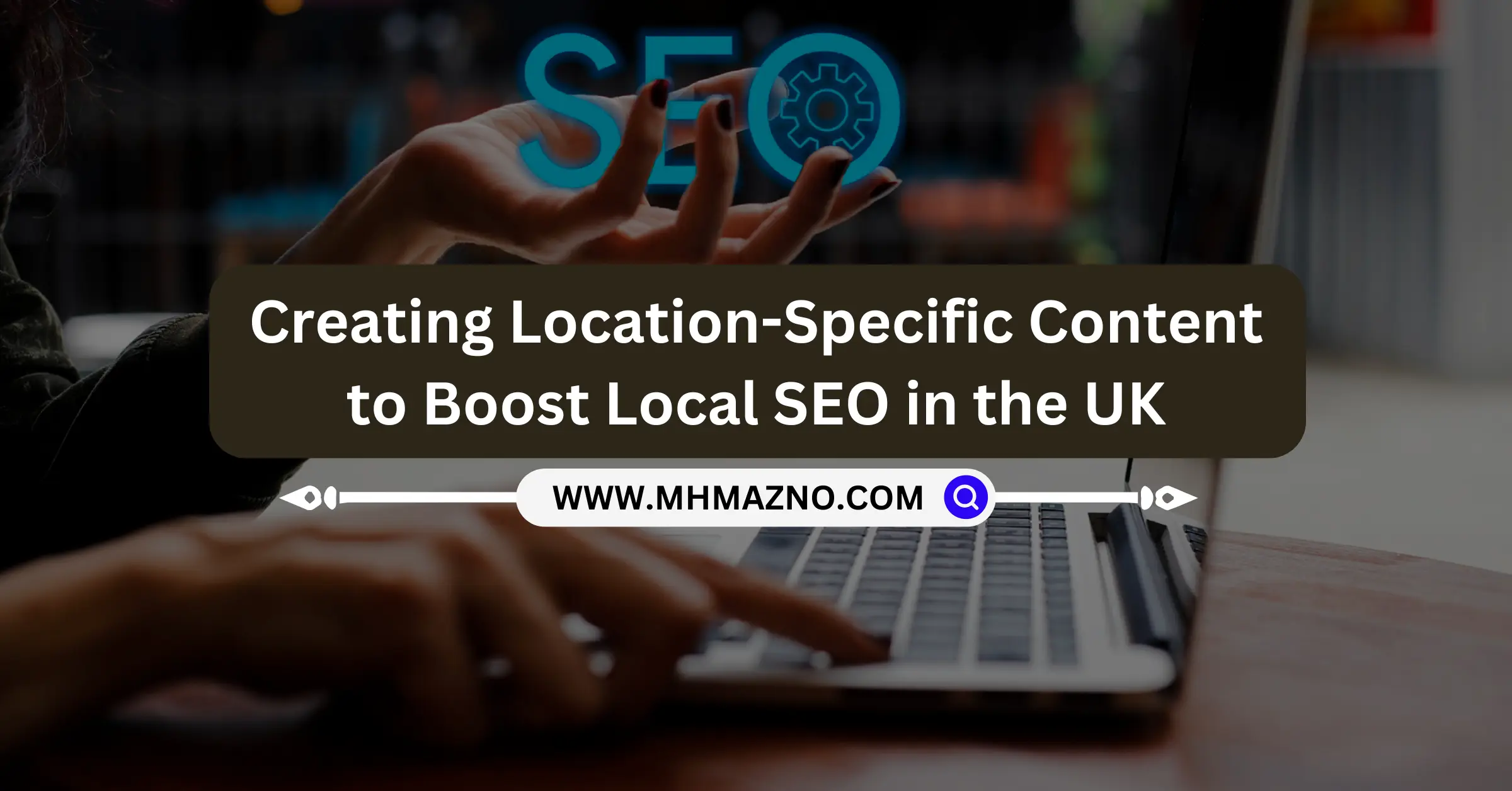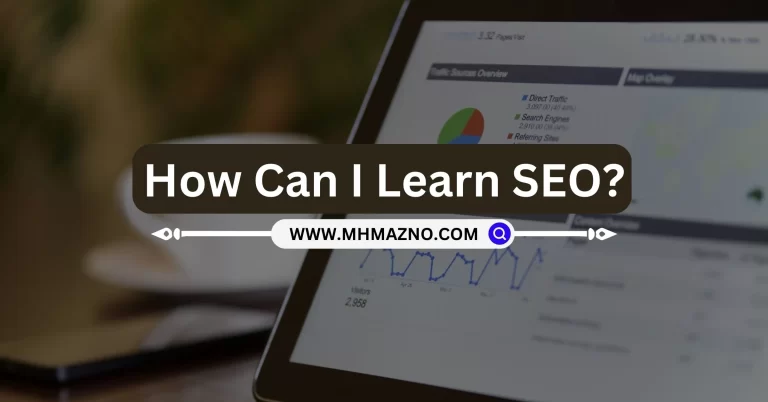If you’re a business owner or marketer looking to increase your local visibility in the UK, focusing on location-specific content is a game-changer. This strategy can help you reach customers in your area, rank higher on local search results, and drive more foot traffic (or website traffic) to your business.
In this guide, we’ll dive into everything you need to know about creating effective location-specific content. By the end, you’ll have a blueprint to get started and see real SEO results!
Why Location-Specific Content Matters for UK Businesses
Location-specific content helps your business show up when people search for services near them. Imagine you own a plumbing company in Manchester. When someone searches for “plumber in Manchester,” Google wants to show results that are close and relevant. This is where local SEO shines.
In the UK, people are often looking for businesses within their town, city, or even specific boroughs. By tailoring content for your area, you’re not only improving your chances of ranking but also building trust with potential customers. They’ll see that you know the area, which gives you an edge over competitors who don’t focus locally.
How to Research Local Keywords in the UK
When creating location-specific content, it’s all about using the right keywords. Here’s a simple process to help you research local keywords effectively:
Use Keyword Research Tools
Tools like Ahrefs, SEMrush, or Google Keyword Planner are a great place to start. Search for keywords relevant to your service and add location-specific terms like “in [town/city]” or “near me.”Look for Local Modifiers
In the UK, people often use phrases like “near me,” “local,” or “in [location].” Think about how a local customer might phrase their search. For example, someone looking for a solicitor might type “solicitor near me” or “solicitor in London.”Analyze Competitors’ Keywords
See what your top competitors are ranking for. Enter their URLs into a tool like Ahrefs or SEMrush to find keywords they’re using. This can give you ideas and reveal opportunities.Google Trends
Google Trends lets you see which keywords are trending in specific regions. It’s a good way to identify seasonal or location-specific keyword variations that might work well in your content.
Types of Location-Specific Content
Now that you’ve got your keywords, it’s time to put them into action! Here are some effective types of location-specific content you can create to boost your local SEO:
1. Local Landing Pages
Create separate landing pages for each area you serve. If you have a plumbing business covering both London and Manchester, create individual pages for each city. Use location-specific keywords on each page to help them rank. Describe your services and add unique details for each location to make them more relevant.
2. Local Blog Posts
Write blog posts on topics that interest locals. For example, if you’re a landscape designer in Bristol, consider writing about “Top Garden Styles in Bristol” or “How to Prepare Your Garden for UK Winter.” Content like this positions you as a knowledgeable expert in your area and appeals to local readers.
3. Case Studies and Customer Testimonials
Show off your local success stories! If you’ve helped a customer in Birmingham, share a case study about the project. Include details about the location, challenges you solved, and results. Adding testimonials from local clients also boosts credibility.
4. Geo-Targeted Service Descriptions
If you offer services across multiple locations, create geo-targeted descriptions. Instead of saying “we offer SEO services,” go for “we offer SEO services for Manchester businesses.” Customizing your services to specific locations helps Google connect you with local search intent.
Checklist for Creating Location-Specific Content
Here’s a quick checklist to make sure your location-specific content covers all the bases:
- Research local keywords using Ahrefs or Google Keyword Planner
- Identify competitor keywords for new ideas
- Create unique local landing pages for each target area
- Add location-based descriptions to service pages
- Include Google Maps on location-specific pages
- Collect and showcase local customer reviews
- Use Local Business schema markup to boost visibility
Benefits of Location-Specific Content
Creating content tailored to specific locations comes with a lot of advantages. Here are a few key benefits:
Higher Local Rankings
By focusing on local keywords and adding location-based content, you’re more likely to rank in search results for nearby customers.Increased Trust and Credibility
Local customers feel more comfortable working with a business that understands the area and serves their community.Improved Conversion Rates
Location-specific content can lead to higher conversion rates since it targets people who are already interested in nearby services.
Common Mistakes to Avoid in Location-Specific Content
Even with the best intentions, it’s easy to make mistakes that hurt your local SEO efforts. Here are some common pitfalls to avoid:
| Mistake | Explanation |
|---|---|
| Keyword Stuffing | Adding too many keywords (especially location names) can hurt readability and look spammy to Google. |
| Duplicated Content | Copying the same content across multiple location pages will hurt SEO. Make each page unique to avoid penalties. |
| Ignoring User Intent | Just focusing on keywords without understanding user intent can lead to irrelevant content that doesn’t address what people are actually searching for. |
| Neglecting Mobile Optimization | A significant portion of local searches happens on mobile devices, so make sure your website is mobile-friendly. |
Expert Quotes
“Focusing on local SEO is one of the best ways to boost your business’s visibility. If you can establish your relevance in a particular area, you’re on the way to becoming the go-to choice.” – Neil Patel, Digital Marketing Expert
“Local SEO success starts with understanding your audience and their search behaviors. Without that insight, it’s like throwing darts in the dark.” – Brian Dean, SEO Educator
Statistics: Local SEO Trends in the UK
Here’s a look at recent UK-specific local SEO data that highlights the importance of location-based strategies:
| Statistic | Data |
|---|---|
| Percentage of “near me” searches in the UK | 46% of UK searches have a local intent |
| Mobile searches for local businesses | 78% of local mobile searches result in purchases |
| Increase in local SEO efforts among small UK businesses | 63% of small businesses invested more in local SEO in 2023 |
| Google My Business (GMB) listing visits | 68% of consumers visit a store within 24 hours after finding a local business on GMB |
Timeline for Implementing a Location-Specific Content Strategy
Implementing location-specific content doesn’t have to happen overnight. Here’s a timeline to help you roll out a strategic plan in manageable steps:
| Time Frame | Action |
|---|---|
| Week 1 | Conduct local keyword research and competitor analysis. |
| Weeks 2-3 | Create local landing pages and optimize your homepage for local SEO. |
| Weeks 4-5 | Develop blog posts, case studies, or location-specific articles. |
| Month 2 | Start collecting reviews from local customers and add them to location pages. |
| Month 3 | Monitor progress using Google Analytics and Search Console, refine content as needed. |
Common Challenges and How to Overcome Them
| Challenge | Solution |
|---|---|
| Difficulty in finding local keywords | Use Google Trends or Ahrefs to uncover trending regional keywords. |
| Balancing content for multiple locations | Create unique landing pages for each location to avoid duplicating content. |
| Managing inconsistent NAP info | Use tools like Moz Local or BrightLocal to keep information consistent across platforms. |
| Getting local reviews | Ask satisfied customers for Google reviews and make it easy for them with a direct link. |
FAQs About Location-Specific Content for Local SEO
Q1: What is location-specific content?
A1: Location-specific content is content tailored to a specific geographic area, making it relevant to local search queries and improving local SEO.
Q2: Why is location-specific content important for my UK business?
A2: It helps you rank higher in local search results, making it easier for nearby customers to find and trust your business.
Q3: What types of location-specific content can I create?
A3: You can create local landing pages, blogs, case studies, geo-targeted service descriptions, and more.
Q4: How do I find local keywords for my business?
A4: Use tools like Ahrefs, SEMrush, or Google Keyword Planner to identify keywords with location modifiers, like “near me” or “in [town].”
Q5: Should I create a separate page for each location?
A5: Yes, if you serve multiple areas, creating dedicated pages for each location can improve relevance and SEO performance.
Q6: How does Google Maps help local SEO?
A6: Adding Google Maps to your site makes it easier for customers to locate your business and provides a local signal to search engines.
Q7: What is Local Business schema?
A7: It’s a type of structured data markup that helps Google understand and display business information in local search results.
Q8: How can I encourage customers to leave reviews?
A8: Politely ask satisfied customers to leave a review on Google. Mentioning the location in reviews also benefits your local SEO.
Q9: What are NAP details, and why are they important?
A9: NAP stands for Name, Address, and Phone. Consistent NAP details help Google verify your business information, boosting your local SEO.
Recommended Reading
For more in-depth knowledge, here are some recommended books:
- “SEO 2024” by Adam Clarke
- “Local SEO Secrets” by Jason Wright
- “The Art of SEO” by Eric Enge, Stephan Spencer, and Jessie Stricchiola
- “Ultimate Guide to Google Ads” by Perry Marshall
Creating location-specific content is one of the most effective ways to boost your local SEO in the UK. By focusing on what makes your business unique to each location, researching the right keywords, and following best practices, you’ll position yourself as a trusted, go-to provider in your area.
Remember, this isn’t just about ranking higher in search results—it’s about genuinely connecting with your local community. Each piece of content you create tailored to specific towns, cities, or regions helps your business resonate with potential customers on a personal level. So dive in, apply these tips, and watch as your visibility, credibility, and conversions grow over time.
And don’t forget: local SEO is an ongoing process, so keep testing, learning, and improving. You’ve got this!
Did you find this guide helpful? Drop your thoughts or questions in the comments below—we’d love to hear how you’re implementing location-specific content for your local SEO!
Related Articles










